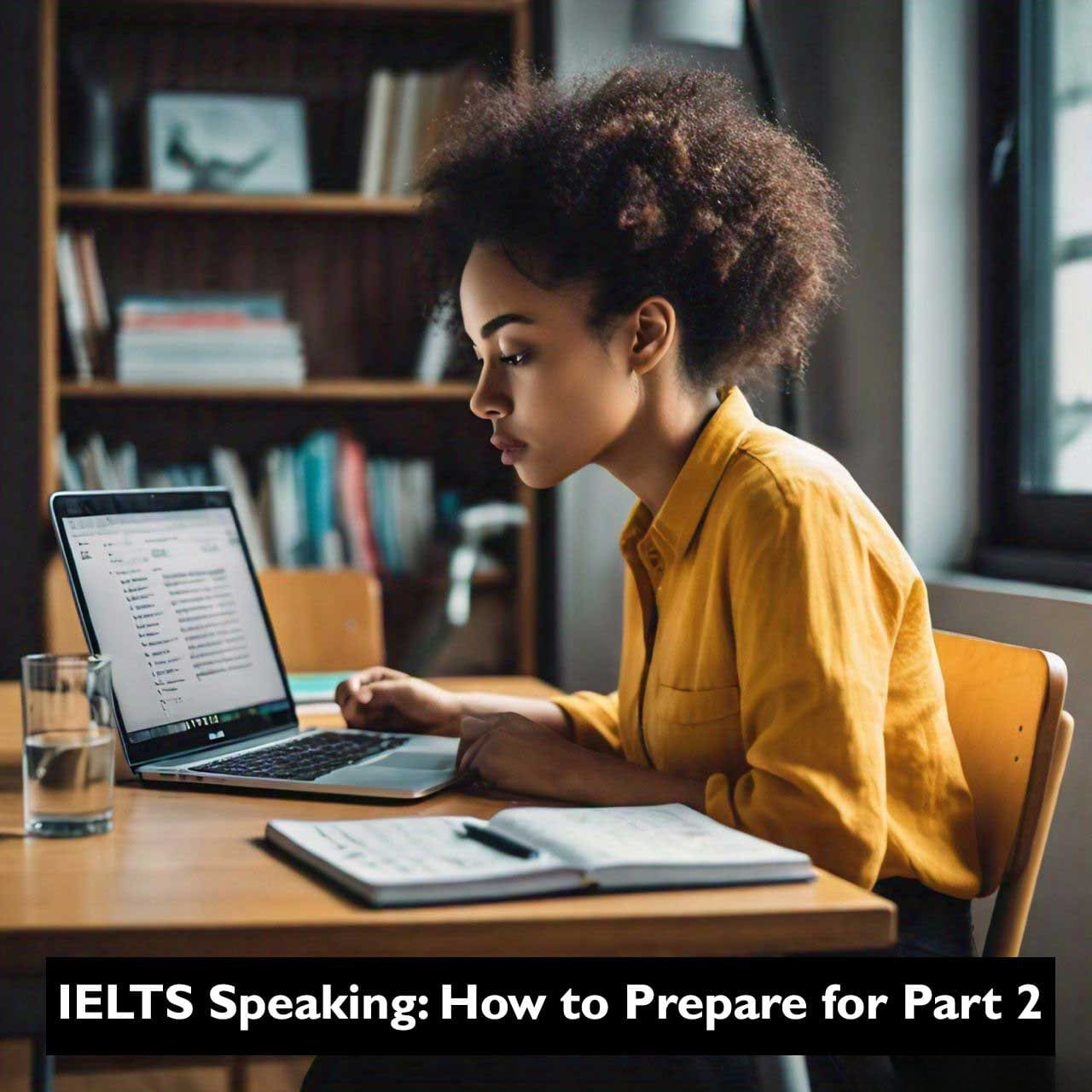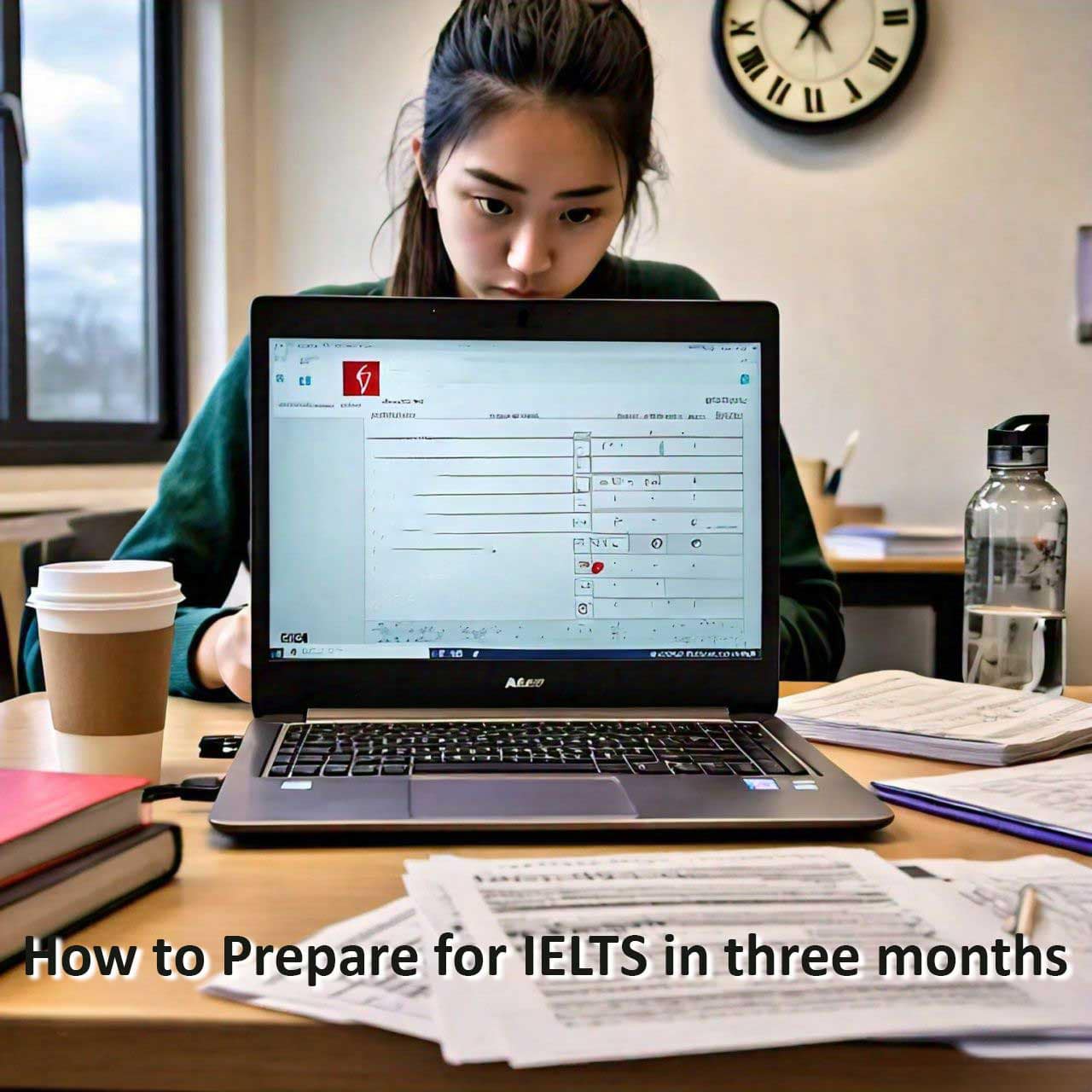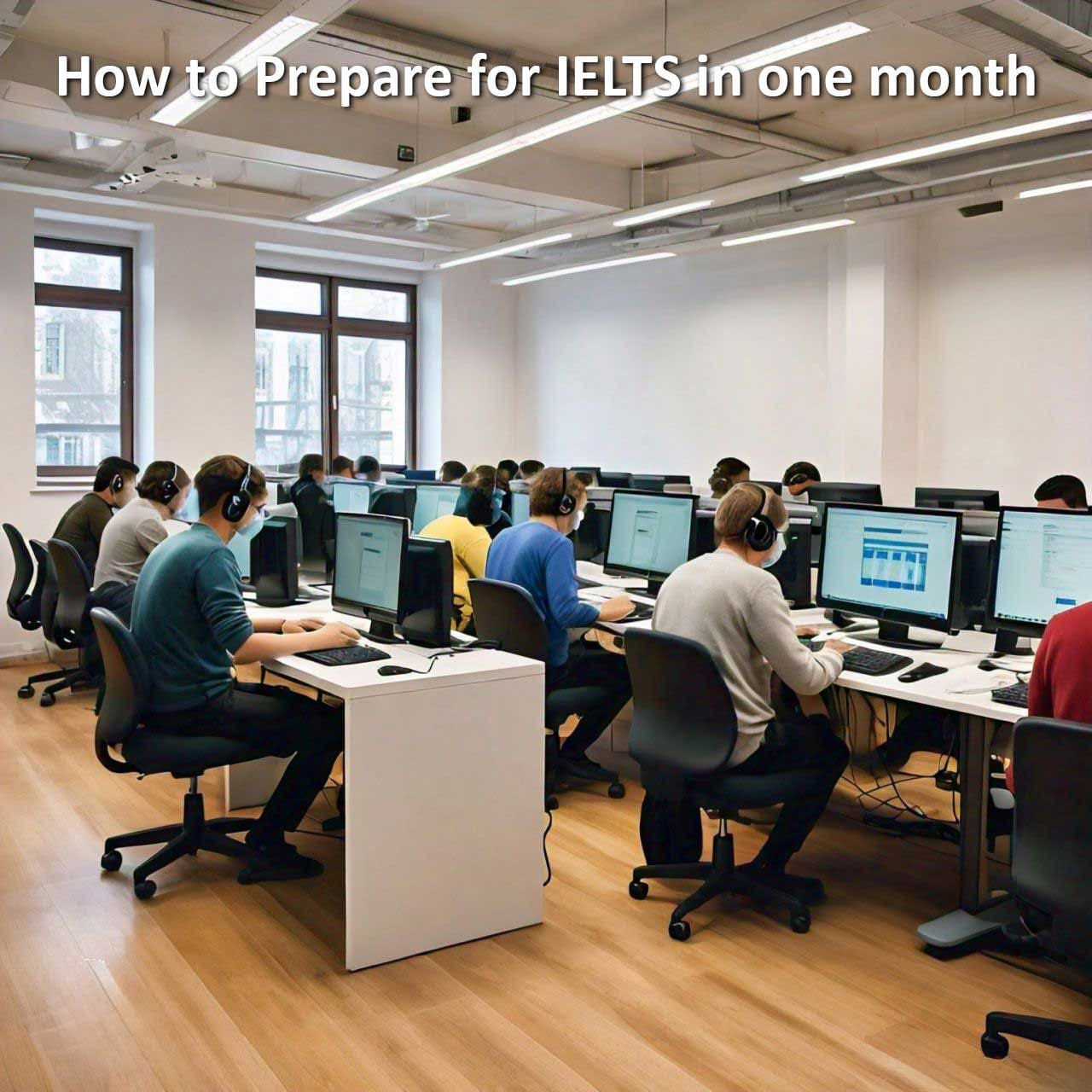The IELTS Speaking test is a critical component of the IELTS exam, designed to assess your spoken English skills in a range of contexts. Part 2 of the Speaking test, often referred to as the “long turn,” requires you to speak on a given topic for 1-2 minutes. This part can be particularly challenging, as it tests your ability to organize your thoughts and speak fluently for an extended period. In this blog post, we will explore strategies to help you prepare effectively for IELTS Speaking Part 2.
Table of Contents
Understanding IELTS Speaking Part 2
In Part 2 of the IELTS Speaking test, you will be given a task card with a topic and several bullet points outlining what you should talk about. You will have one minute to prepare your response and make notes if you wish. After that, you will need to speak for up to two minutes on the topic, covering all the points on the card. The examiner may ask you one or two follow-up questions after your speech.
Common Challenges
1. Limited Preparation Time: One minute to prepare can feel very short, making it challenging to organize your thoughts effectively.
2. Speaking Fluently: Maintaining fluency and coherence for two minutes without significant pauses or repetition is difficult for many candidates.
3. Covering All Points: Ensuring you address all the bullet points on the task card within the time limit can be challenging.
4. Nervousness: Speaking in front of an examiner can be nerve-wracking, affecting your performance.
Strategies for Success
1. Understand the Task Format: Familiarize yourself with the structure of Part 2. Knowing what to expect will help you feel more confident and prepared.
2. Practice Regularly: Regular practice is key to improving your performance. Use sample task cards to practice speaking on different topics. Record yourself to evaluate your fluency, coherence, and pronunciation.
3. Develop a Strategy for Preparation Time:
– Quickly Identify the Topic: As soon as you receive the task card, identify the main topic and the points you need to cover.
– Make Brief Notes: Use the one minute to jot down key ideas and keywords for each bullet point. Avoid writing full sentences; instead, focus on prompts that will help you remember what to say.
– Organize Your Speech: Plan the structure of your speech. A simple structure includes an introduction, main points with details or examples, and a conclusion.
4. Use a Mind Map: Creating a mind map during your preparation time can help you organize your ideas visually. Write the main topic in the center and branch out with keywords for each bullet point.
5. Expand Your Vocabulary: Building a wide range of vocabulary related to common topics can help you speak more fluently and confidently. Practice using synonyms and different expressions to avoid repetition.
6. Practice Time Management: Get used to the timing by practicing speaking for exactly two minutes. This will help you gauge how much detail you can include and ensure you cover all points without running out of time.
7. Develop Fluency and Coherence: Focus on speaking smoothly and logically. Practice connecting your ideas using linking words and phrases (e.g., “firstly,” “in addition,” “on the other hand,” “finally”).
8. Use Examples and Personal Stories: Supporting your points with examples or personal anecdotes can make your speech more engaging and easier to extend. It also demonstrates your ability to use a range of tenses and structures.
9. Stay Calm and Confident: Nervousness can hinder your performance. Practice relaxation techniques, such as deep breathing, to stay calm. Remember that the examiner is there to assess your language skills, not to judge you personally.
Example Practice
To illustrate these strategies, let’s look at an example task card and a sample response.
Task Card Example:
Describe a memorable event in your life. You should say:
– What the event was
– When and where it happened
– Who was involved
– Why it was memorable
Sample Response:
“One of the most memorable events in my life was my graduation ceremony. It took place three years ago, in June 2021, at my university’s main auditorium. The ceremony was attended by my family, friends, and of course, my fellow graduates.
The event started with an inspiring speech by our dean, followed by the distribution of diplomas. I remember feeling a mix of excitement and nervousness as my name was called to receive my degree. My parents were in the audience, and seeing their proud faces made the moment even more special.
What made this event particularly memorable was the sense of achievement and the culmination of years of hard work. Additionally, it was a time to celebrate with my friends, who had been with me throughout my university journey. We took numerous photos, shared our plans for the future, and reminisced about our experiences.
Overall, my graduation ceremony was not just an end, but also a beginning. It marked the transition from student life to the professional world, and it will always hold a special place in my heart.”
Conclusion
Preparing for IELTS Speaking Part 2 requires practice, organization, and the ability to speak confidently on a given topic. By understanding the task format, practicing regularly, and using effective strategies during the preparation time, you can improve your performance and achieve a higher score. Remember to stay calm, use a wide range of vocabulary, and practice speaking fluently and coherently. With dedication and practice, you can master this part of the IELTS Speaking test. Good luck!



